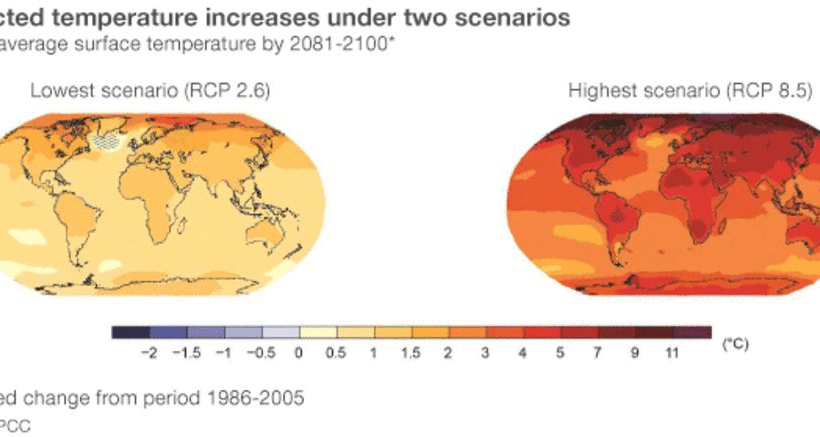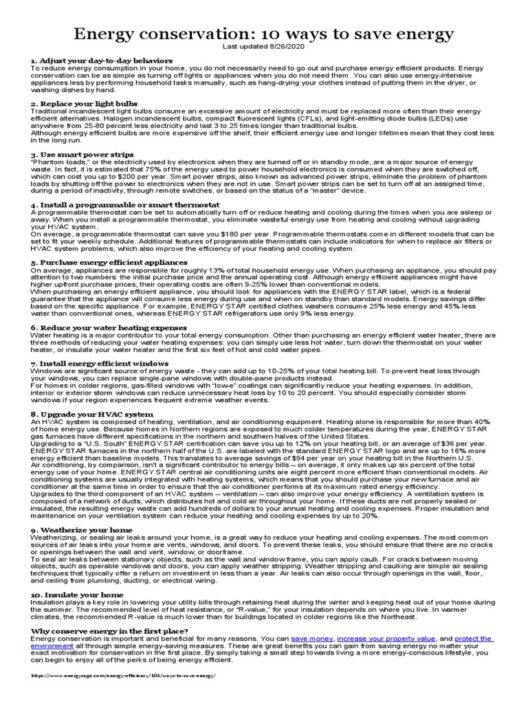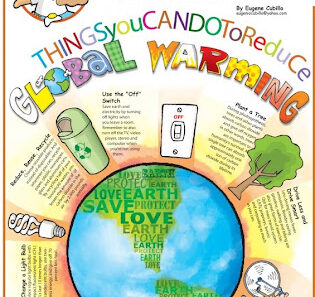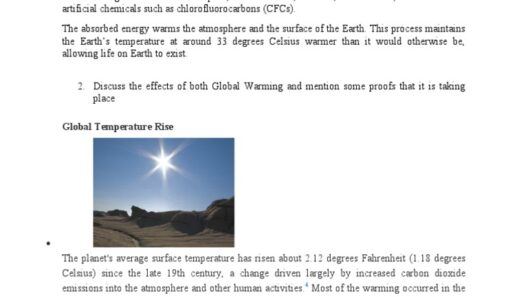As global temperatures continue to rise, the repercussions extend far beyond the obvious increases in heat. One of the most overlooked aspects of climate change is its profound impact on human skin. This article delves into the multifaceted ways global warming affects your skin, from heightened sun exposure to significant alterations in skin health. Understanding these implications can inform better personal care strategies and advocacy for environmental change.
The Sun’s Relentless Rays: Ultraviolet Risks in a Warming World
With climate change resulting in the depletion of the ozone layer, the amount of ultraviolet (UV) radiation reaching the Earth’s surface is increasing. UV radiation is notorious for causing skin damage, leading to conditions like premature aging, sunburn, and an elevated risk of skin cancer. The correlation between increased UV radiation and climate change is alarming, underscoring the need for protective measures.
Sun Safety: Every Day Is a Sunny Day
As temperatures soar, so can the tendency to bask in the sun, albeit without adequate protection. The myth that tanning is a safe and harmless practice persists despite the mounting evidence of its dangers. It’s essential to adopt comprehensive sun safety measures: using broad-spectrum sunscreen, wearing protective clothing, and avoiding peak sun hours. Regular skin checks can further help in the early detection of potential damage, emphasizing the importance of vigilance in skincare routines.
Hydration: The Parched Skin Connection
In a warming world, not only does the sun’s intensity increase, but so does the risk of dehydration. High temperatures lead to increased perspiration, which, paradoxically, can often leave the skin feeling parched. This dehydration can compromise the skin barrier, leading to various dermatological issues such as dryness, irritation, and exacerbated skin conditions like eczema and psoriasis.
The Environment of Dehydration: A Vicious Cycle
Dehydration doesn’t occur in isolation; it’s exacerbated by factors such as air pollution and environmental allergens. In urban areas, where emissions are higher, the air tends to be quite dry and filled with particles that further rob the skin of its moisture. As people attempt to combat this by increasing the use of moisturizers, they may inadvertently be applying products loaded with chemicals that could further irritate the skin. Hence, opting for natural, hydrating ingredients becomes crucial for effective skincare.
Allergies and Irritations: The Climate-Skin Nexus
As global warming influences climate patterns, we witness an increased prevalence of mold, pollen, and other allergens. The rise in airborne allergens can lead to allergic reactions manifesting as skin irritations like hives or rashes. This phenomenon may seem trivial, but the psychological impact of skin allergies should not be understated; they can lead to decreased self-esteem and increased anxiety.
Combatting Allergies: The Importance of Adaptation
One way to mitigate these skin reactions is to adapt your skincare products according to seasonal changes. For those with sensitive skin, using fragrance-free and hypoallergenic products may be valuable. Besides, implementing regular cleansing routines that remove allergenic pollutants can significantly alleviate symptoms, ensuring skin remains resilient against the adversities of climate change.
The Role of Diet: Eating for Undeterred Skin
In a world shaped by climate change, dietary choices impact both personal health and skin vitality. Poor air quality and unstable environments influence food production, leading to nutritional deficiencies that can manifest through skin problems such as acne, rosacea, or dullness. Consuming a diet rich in antioxidants, vitamins, and minerals can be pivotal for optimal skin health.
Fruits and Vegetables: A Natural Armor
Incorporating fresh fruits and vegetables into the diet not only boosts overall health but also creates a robust defense against the oxidative stress caused by environmental factors. Foods rich in Omega-3 fatty acids, such as walnuts and flaxseeds, will help to maintain the skin’s natural barrier and retain moisture. Additionally, herbal teas like green tea contain polyphenols known to combat skin inflammation, offering further protection in a warming climate.
Stress: The Unseen Component of Skin Health
Global warming doesn’t only affect physical health but psychological well-being as well. Increased heat can exacerbate stress levels, which is intrinsically linked to skin conditions such as acne or psoriasis. Stress can also hinder the body’s ability to heal itself, prolonging skin issues and diminishing the overall quality of skin health.
Pursuing Mindfulness: A Holistic Approach to Skin
Engaging in stress-reducing activities, such as yoga or meditation, can significantly contribute to better skin outcomes. Practices that promote relaxation help regulate hormones and reduce inflammation in the body, thereby enhancing skin health. Furthermore, developing a consistent self-care routine rooted in mindfulness can serve as both a physical and emotional buffer against the rising tide of climate change.
Conclusion: A Call for Awareness and Action
The effects of global warming permeate every facet of our lives—including the skin that protects us. As we grapple with these changes, it is critical to foster awareness and action among individuals and communities. By understanding the complex relationship between climate change and skin health, we equip ourselves with the knowledge needed for effective skincare and advocacy. Promoting sustainable practices and prioritizing both personal well-being and environmental stewardship is a vital step toward ensuring that people can continue to shield themselves against the ravages of a warming world.







